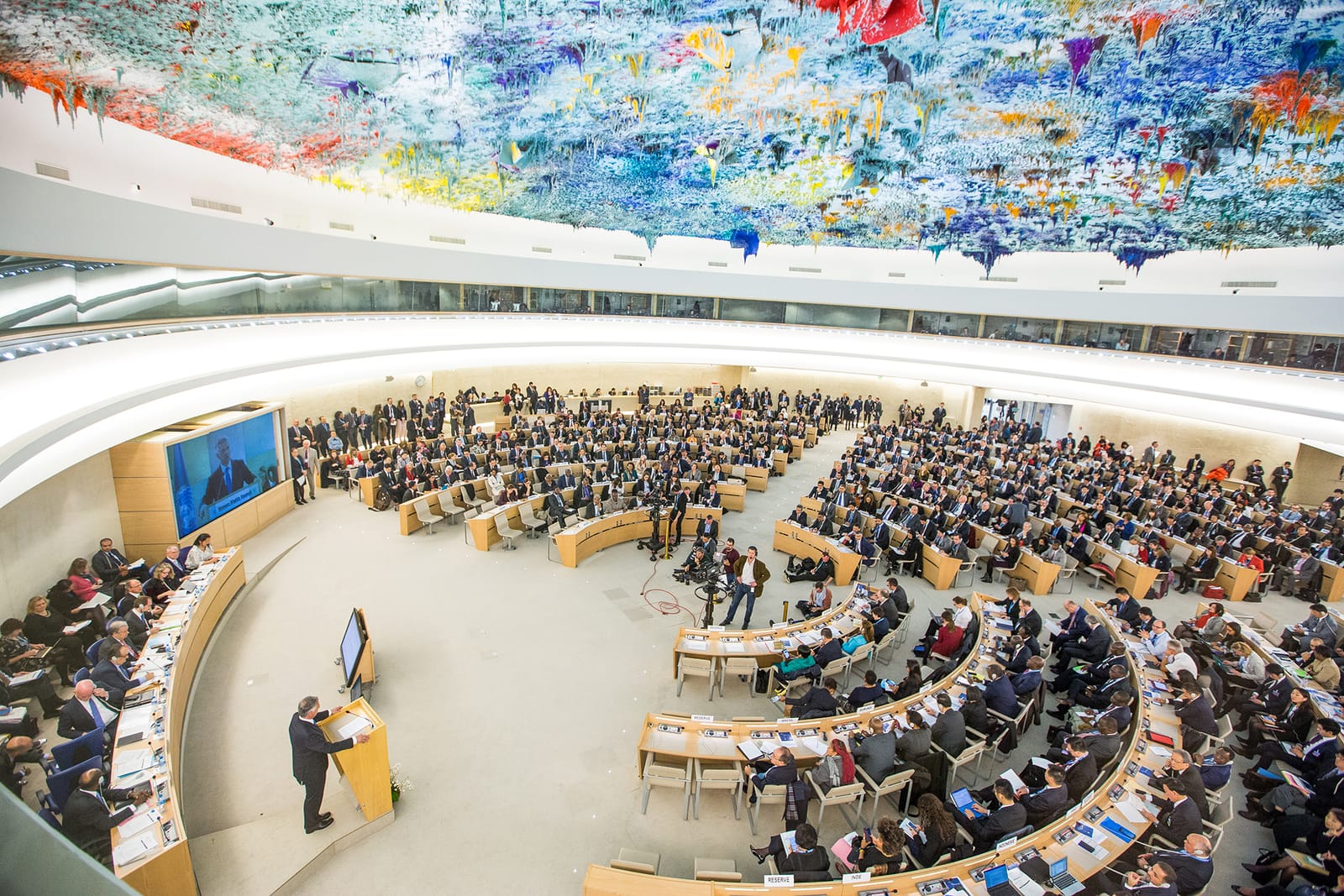This shift led to the establishment of several significant regional student organizations, which allowed student unions to address specific regional issues more effectively and build solidarity within a more manageable scope.
Organization of Latin American and Caribbean Students (OCLAE)
Founded in 1966, the Organization of Latin American and Caribbean Students (OCLAE) was established at the Fourth Latin American Congress of Students in Havana, Cuba. OCLAE's primary mission was to oppose neoliberalism, educational imperialism, and colonialism while promoting social justice and democratic movements throughout Latin America. The organization provided a platform for student unions from 23 countries to collaborate on regional issues and support each other's struggles.
OCLAE's activities included organizing student conferences, coordinating regional protests, and advocating for policy changes that would benefit students and society as a whole. Cuba, which provided headquarters for OCLAE, played a central role in supporting and sustaining the organization. Over the years, OCLAE has been instrumental in fostering a sense of unity and purpose among Latin American students, making significant contributions to regional movements for educational and social reform.
All-Africa Students Union (AASU)
The All-Africa Students Union (AASU) was founded in 1972 with the aim of supporting anti-colonial struggles and promoting capacity building among African student unions. AASU emerged as a key player in advocating for the rights and interests of African students, focusing on issues such as democracy, good governance, gender rights, pan-Africanism, migration, and environmental sustainability.
AASU's activities have included organizing conferences and workshops, facilitating student exchanges, and engaging in advocacy at national and international levels. The organization has played a crucial role in uniting African student unions and amplifying their voices on the global stage. With member organizations from 54 countries, AASU has been a driving force in promoting student activism and leadership across the African continent.
Western European Students Information Bureau (WESIB)
The Western European Students Information Bureau (WESIB) was established in 1982 to facilitate the exchange of information and cooperation among student unions in Western Europe. The organization aimed to address student welfare and education matters without taking a partisan political stance. The first director of WESIB was Bjorn Sunstrom, followed by other notable leaders such as Brian Carty and Sarah Edmonds.
WESIB's primary activities included organizing conferences, publishing reports, and coordinating student mobility programs. In 1988, the organization moved its headquarters from London to Vienna, positioning itself at the center of Europe during a time of significant political change. The fall of the Berlin Wall and the subsequent transitions in Eastern Europe brought new opportunities for cooperation and support among student organizations in the region.
With the creation of the Bologna Process and the increasing importance of student mobility within Europe, WESIB evolved to better represent the interests of European students. In 2007, WESIB rebranded itself as the European Students' Union (ESU) to reflect its broader mandate and more formalized structure. ESU has since become a key advocate for students in Europe, playing an active role in shaping higher education policies and promoting student rights.
Commonwealth Students Association (CSA)
The Commonwealth Students Association (CSA) was launched in 2012 at the 18th Conference of Commonwealth Education Ministers in Mauritius. The CSA aimed to promote unity among students in Commonwealth countries, protect their rights, and create an environment for capacity building and cooperation. The organization's initial activities included commissioning a report on the state of student government in Commonwealth countries, which provided a comprehensive analysis of student representation and governance structures across the Commonwealth.
The CSA's goals included advocating for student rights, fostering partnerships, and enhancing the capacity of student organizations through training and support programs. One of the notable initiatives was the development of a capacity-building toolkit to help establish and strengthen national student unions in countries where such structures were lacking. The CSA has worked to ensure that students' voices are heard in policy discussions at both national and international levels, contributing to the broader mission of the Commonwealth to promote education, democracy, and development.








